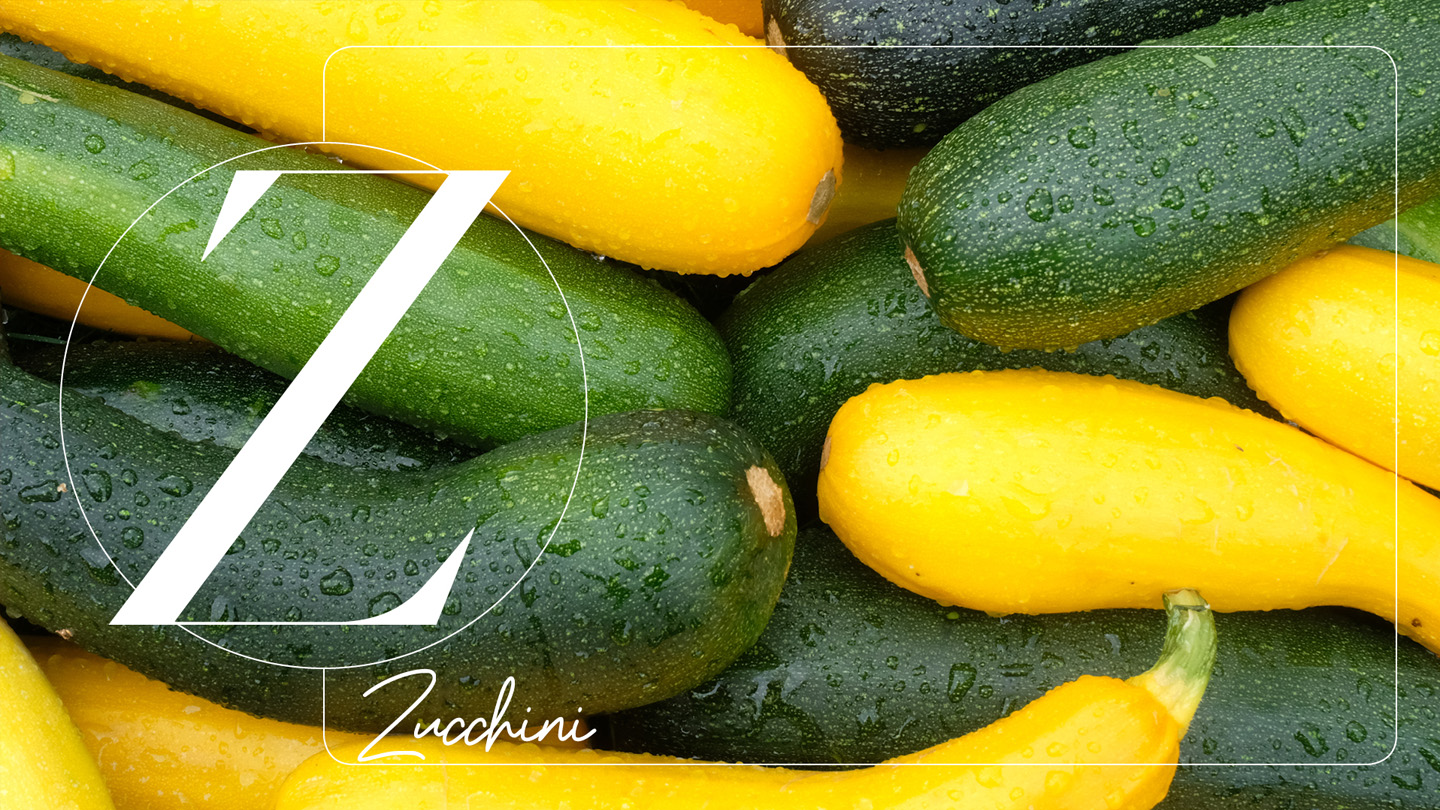Nutrition
The A-Z of Indian Superfoods: Zucchini
Eat it raw, sauté it or spiralise it into pasta or noodles—the zucchini can not only be a part of a wide variety of dishes, but is also incredibly nutritious. Here are all the reasons you should add this superfood to your diet.

The zucchini has received widespread attention in recent years for its low-carb status, which makes it an ideal addition to keto, paleo, vegan, or low-carb diets. But this squash, belonging to the plant family of Cucurbitaceae (commonly known as gourds) has many other nutritional benefits that make it a necessary addition to your daily diet. Ranging in colour from deep yellow to dark green with the dark green variety being the most popular, the zucchini first originated in Italy in the 1800s, and has found use in folk medicine for the treatment of various ailments. Research shows the following potential benefits of eating zucchinis.
- High in antioxidants
An imbalance of free radicals in the body causes oxidative stress, which can lead to a range of health issues like eye diseases, diabetes, heart disease and even cancer. Antioxidants help to protect your body from free radical damage. Zucchini contains a high level of several antioxidants.
Related Story: Five Antioxidant-Rich Floral Teas You Must Try This Winter
- Promotes better eye health
Zucchini is rich in Vitamin C and beta-carotene, two nutrients that are vital for eye health. It is also rich in the antioxidants lutein and zeaxanthin, which can help improve your vision and prevent macular degeneration. According to a study published in 2013 in JAMA Ophthalmology, these antioxidants also lower the chances of the development of cataracts.
- Improves heart health
The high fibre content in this fruit can help to lower the risk of heart diseases. Zucchini contains the water-soluble fibre pectin, which lowers bad cholesterol (LDL) and lipid levels in the blood, thus promoting good heart health. It is also rich in potassium, which according to the American Heart Association, can help dilate your blood vessels and help manage high blood pressure, one of the risk factors for heart attack or stroke. Carotenoids, a type of polyphenol found in zucchini, also help prevent heart disease.
- Helps with better digestion
Zucchini contains 94.8 g of water per 100 g of fruit. Water in your diet can help soften stools and reduce the risk of constipation. It also contains soluble and insoluble fibres, which helps to improve digestion and keeps your gut healthy. Soluble fibre feeds the healthy bacteria present in your gut, and allows them to produce short-chain fatty acids, which according to research published in Alimentary Pharmacology & Therapeutics, can help reduce inflammation and gut disorders.
- Regulates blood sugar levels
One cup of cooked zucchini (232 grams) contains a mere 3 grams of carbohydrates. The fruit can be spiralised or sliced thinly to replace noodles, spaghetti, linguini, or lasagna in dishes. This makes it a perfect low-carb alternative for those who want to cut down their carbohydrate consumption. Low-carb diets have been observed to be beneficial for those with Type 2 diabetes and high blood sugar. The high fibre content of zucchini can also help regulate blood sugar levels, according to a 2015 study published in Journal of Diabetes Investigation.
Related Story: The Diabetes Guide: How To Balance Your Blood Sugar
How to Add Zucchini to Your Diet
- Snack on raw zucchini slices, or add thin slices or ribbons to your salads. or use as soup toppings.
- Zucchini Noodles: Spiralise zucchini to create zucchini noodles. Sauté some garlic in some butter, then add the zucchini noodles and toss them for one minute. Add salt and pepper, and some cheese if you want to. Mix and serve.
- Golden Turmeric Zoodle Soup: In a pan, add 4 cups of water and simmer scallions, carrots, ginger, and garlic until the carrots are soft. Add salt, turmeric, black pepper, lime juice, chillies and coconut oil, and then add the zucchini noodles to the soup. Simmer for 10 minutes, add fresh herbs and serve.
- Ratatouille: Zucchini is also one of the main ingredients in the popular European dish ratatouille. It combines zucchini with other vegetables such as tomato, garlic, onion and green herbs, such as basil.
- Chocolate Zucchini Cake: Zucchini is a great addition to baked dishes for its moisture content. Add shredded unpeeled zucchini to your chocolate cake recipe to make it rich and nutritious.
What to Keep in Mind
- Zucchini might cause allergies in individuals. If you are allergic, it can cause itching in your mouth and throat or vomiting.
- The insoluble fibre present in zucchini can cause bloating when the fruit is eaten raw. Those with Irritable Bowel Syndrome (IBS) are particularly vulnerable to this, and should avoid eating them raw.
With inputs by Dr Lakshmi K, Ph.D Food Science & Nutrition, University of Georgia (USA), Head Nutritionist, URLife.
EXPLORE MORE
That constant urge to snack may have less to do with food and far more to do with water. Dehydration doesn’t always announce itself as thirst, and that misunderstanding changes how, when, and why we eat.
Five thoughtful breakfast combinations that work with diabetes, PCOS, thyroid issues, inflammation, and heart health.
From fibre and protein to gut health and mindful meals, these are the healthy eating lessons that stood out in 2025!
Bloating isn’t just about overeating or bad food choices. According to expert nutritionist Dr Lakshmi Kilaru, it’s often the result of multiple factors. Keep reading to know more.






.jpg)
.jpg)

.jpg)
